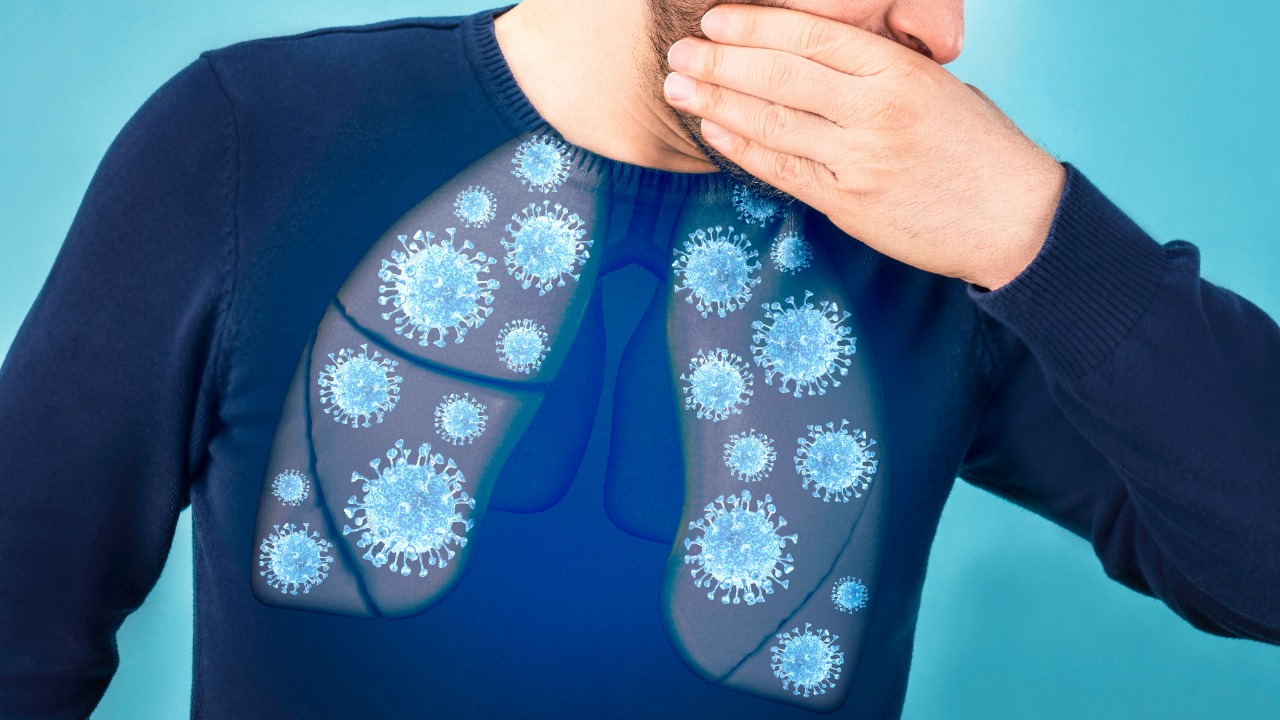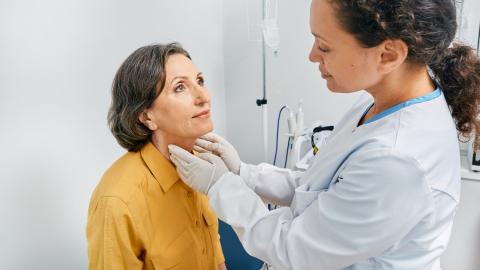
Whooping cough, also known as pertussis, is a highly contagious respiratory disease caused by the bacterium Bordetella pertussis. It is particularly dangerous for infants and young children, and cases have been on the rise in various parts of Asia. This article provides a comprehensive overview of whooping cough, including its symptoms, prevention strategies, reasons for the increase in cases, treatment options, and when to seek medical advice.
How Can You Prevent Whooping Cough?
Preventing whooping cough starts with vaccination. The DTaP (diphtheria, tetanus, and acellular pertussis) vaccine is the most effective way to protect against whooping cough. It is recommended for infants, children, adolescents, and adults. Here are some key prevention tips:
- Vaccinate on Schedule: Ensure your child receives the DTaP vaccine according to the recommended immunization schedule. Adolescents and adults should receive the Tdap booster vaccine.
- Boost Immunity: Pregnant women should get the Tdap vaccine during the third trimester to protect their newborns until they can be vaccinated.
- Practice Good Hygiene: Encourage regular handwashing and covering mouths when coughing or sneezing to reduce the spread of germs.
- Stay Informed: Stay up-to-date with public health recommendations and vaccination schedules.
What Are the Symptoms of Whooping Cough?
Whooping cough symptoms typically develop in stages:
1. Catarrhal Stage
This initial phase lasts 1-2 weeks and includes symptoms similar to a common cold, such as a runny nose, sneezing, mild cough, and low-grade fever.
2. Paroxysmal Stage
The second stage lasts 1-6 weeks and is marked by severe coughing fits followed by a high pitched "whoop" sound when inhaling. These fits can lead to vomiting, exhaustion, and difficulty breathing.
3. Convalescent Stage
The final stage can last several weeks or months. While the cough becomes less frequent, it may still persist and gradually improve.
Preventing Whooping Cough
Preventing whooping cough primarily involves vaccination and good hygiene practices:
Vaccination
The DTaP vaccine (diphtheria, tetanus, and pertussis) is recommended for infants and young children. The Tdap booster vaccine is recommended for older children, teenagers, and adults. Pregnant women should receive the Tdap vaccine during each pregnancy to protect their newborns.
Good Hygiene
Practices Encourage regular hand washing with soap and water, covering the mouth and nose with a tissue or elbow when coughing or sneezing, and avoiding close contact with sick individuals.
How Can Whooping Cough Be Treated?
Whooping cough can be managed and treated with:
Antibiotics
Early administration of antibiotics can reduce the severity of symptoms and prevent the spread of infection.
Supportive Care
Keeping the patient hydrated, ensuring plenty of rest, and using a humidifier can help alleviate symptoms.
Hospitalization
Infants and severe cases may require hospitalization for monitoring and supportive treatments such as oxygen therapy.
When to Seek Medical Advice or Urgent Help
Infants and Young Children
Seek immediate medical help if your baby has difficulty breathing, experiences severe coughing fits, turns blue, or shows signs of dehydration.
Adults and Older Children
Contact a healthcare provider if coughing persists for more than two weeks, especially if it disrupts sleep or daily activities.
Whooping cough is a serious disease that can be prevented through timely vaccination and good hygiene practices. Awareness of symptoms, early treatment, and booster vaccinations are crucial in protecting your family and reducing the spread of this contagious illness. Stay informed, stay protected, and ensure your loved ones receive the necessary vaccines to keep whooping cough at bay



